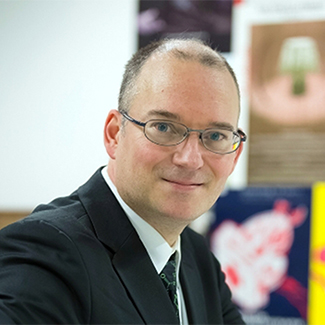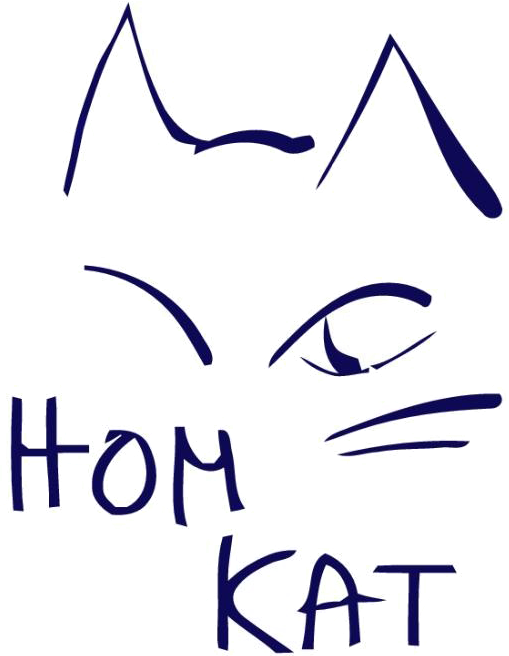
B. (Bas) de Bruin
Professor
- Phone
- Email
-
Address InfoPostbus 94157, 1090 GD Amsterdam, the Netherlands
SHORT CURRICULUM VITAE
Bas de Bruin studied chemistry at the University of Nijmegen from 1989-1994. He obtained his Ph.D. (April 20, 1999) from the same university (Rh Mediated Olefin Oxygenation). He did his postdoc in the group of Wieghardt at the Max-Planck Institut für Bioanorganische Chemie (Mülheim a/d Ruhr, Germany, April 1999-April 2000) for which he obtained an Alexander-von-Humboldt fellowship in 1999. After his postdoc he returned to the University of Nijmegen as an assistant professor in Inorganic Chemistry (Metal-Organic Chemistry), where he was involved in several research activities ranging from olefin oxygenation, radical organometallic chemistry, EPR spectroscopy, catalysis, light-switchable redox bistable molecules, DFT calculations, and (catalytic) synthesis of new materials.September 2005, Bas de Bruin obtained an NWO-VIDI grant to uncover new catalytic reactions. November 2005 he moved to the University of Amsterdam (UvA, group Reek, Homogeneous and Supramolecular Catalysis), where he was promoted to Associate Professor (UHD, October 2008). January 2013 he was promotedto Full Professor (chair) at the same university. January 2016 he was electedas ‘UvA teacher of the year 2015’, in a university-broad competition organized by the students of the University of Amsterdam. In 2020 he was elected as a Chemistry Europe Fellow.
Bas de Bruin presently focuses at the development of new tools in homogeneous catalysis, using metals in unconventional oxidation states and unconventional ligands, specifically aiming at the development of new catalytic reactions. In 2008 he obtained a prestigious ERC Starting Grant (first round of the EU 7th framework Ideas Program; ERC = European Research Council). In 2012 he obtained a prestigious NWO-VICI grant to investigate new controlled (catalytic) radical-type transformations. Bas de Bruin is involved in teaching Inorganic Chemistry, Thermodynamics, Organometallic Chemistry, Bioinorganic Chemistry, Homogeneous Catalysis and (Catalytic) Reaction Mechanisms.
